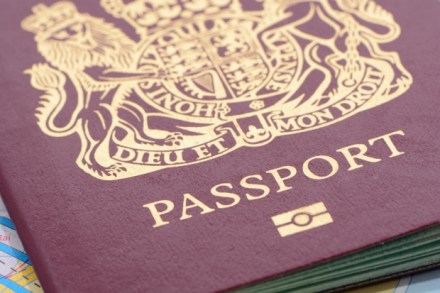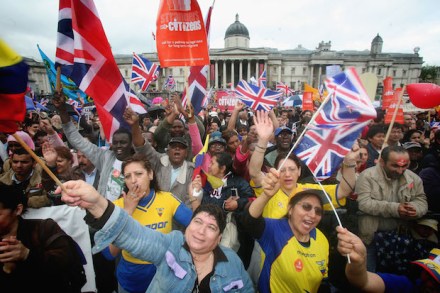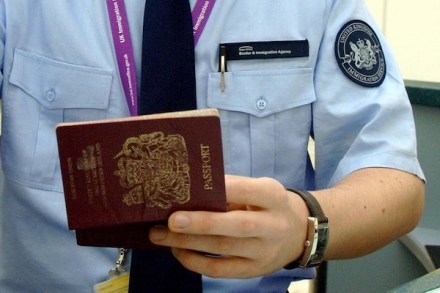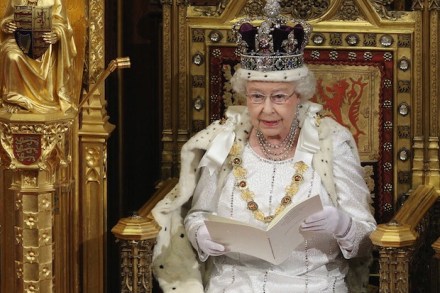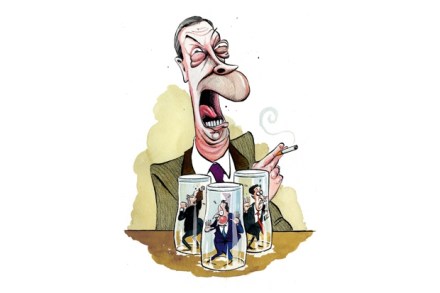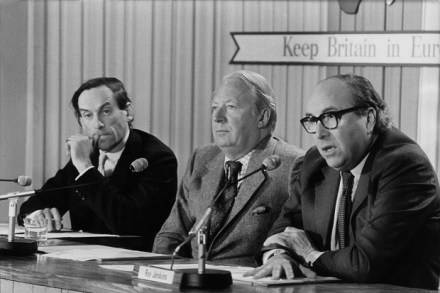The lower classes have serious – and justifiable – concerns about mass immigration
The light is at last beginning to dawn on the immigration debate. Today’s Migration Advisory Committee report on the impact of low-skilled migration to this country sheds a small amount of light on what has been blindingly obvious for a long time to people at the bottom. In total there were almost three quarters of a million Eastern Europeans working here last year. The number of citizens from Poland, Hungary, the Czech Republic, Slovenia, Slovakia, Estonia, Lithuania, and Latvia living in this country grew from an estimated 167,000 in 2004 to just over one million in 2012. Working- and lower middle-class voters have serious and justified concerns about the impact





